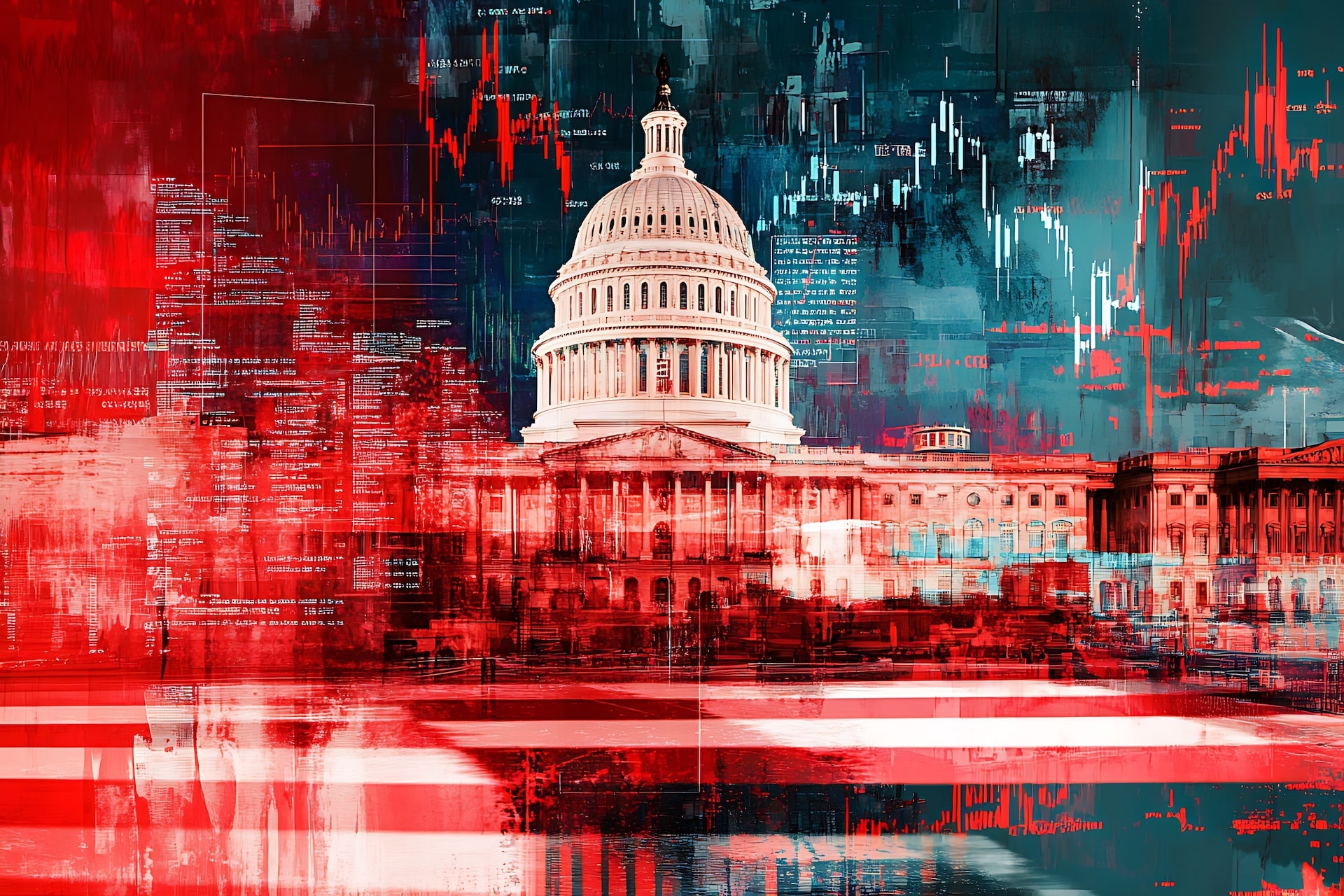Credit Sesame’s personal finance weekly news roundup June 18, 2022. Stories, news, politics and events impacting the personal finance sector during the last week.
- Fed makes biggest rate hike since 1994
- How stealth inflation is sneaking up on consumers
- Cryptocurrency provides no shelter for investors
- Economic challenges are not confined to the U.S.
- Back-to-school spending expected to be up
- Bond yields soar to highest level in over a decade
- Four in ten Americans have medical debt
- Mortgage rates make huge jump in response to inflation
1. Fed Makes Biggest Rate Hike Since 1994
On June 15, the Federal Reserve increased short-term interest rates by 0.75%. This was the third rate hike so far this year, for a total increase of 1.50%. This week’s 0.75% rate hike was the single biggest increase since November of 1994. By way of contrast though, back then the Fed’s rate target was 5.50%. Now it is still relatively low, in a range of 1.50% to 1.75%. The Fed had cut rates to near zero in response to the economic slowdown caused by the pandemic, and now is scrambling to raise rates back up to cool down inflation. See Fed statement at FederalReserve.gov.
2. How stealth inflation is sneaking up on consumers
Costs for some goods and services may be rising faster than consumers think because of the way merchants are sneaking extra charges into their bills. An analysis by CNET found several examples of how merchants are tacking on surcharges rather than overtly raising their prices. Examples include extra charges for using credit cards, labor charges, gas surcharges, supply fees and facility fees. See full article at CNET.com.
3. Cryptocurrency provides no shelter for investors
Cryptocurrencies have been touted as an alternative to traditional financial markets. However, they are not avoiding the beating traditional markets have taken this year. In fact, crypto is generally doing much worse. The total value of the cryptocurrency market recently fell below $1 trillion for the first time since January, 2021. Bitcoin, the largest cryptocurrency, has lost about half its value so far this year, including more than 10% on Monday, June 13. Speculative assets generally are being punished by the twin headwinds of inflation and rising interest rates. See full article at Reuters.com.
4. Economic challenges are not confined to the U.S.
Though inflation and higher interest rates are hitting hard here at home, they are not American-made problems. A combination of factors have made these global issues. In fact, the inflation problem in Europe is even worse, in large part because of the continent’s dependence on Russian energy exports. Inflation in Europe recently reached a 12% annual rate, about 3% higher than in the U.S. In response, the European Central Bank announced plans to raise interest rates and curtail its bond-buying programs. These moves echo those of the U.S. Federal Reserve in an attempt to reverse low interest rate policies. See full report at Marketplace.org.
5. Back-to-school spending expected to be up
A forecast by Mastercard SpendingPulse predicts that consumer spending will be up by 7.5% in this year’s back-to-school shopping season compared with last year’s. If that sounds like a rare optimistic note in an environment of deteriorating economic news, keep in mind that 7.5% is less than the current rate of inflation. That means that parents would be spending more but actually getting less in back-to-school supplies this year. See full article at WashingtonPost.com.
6. Bond yields soar to highest levels in over a decade
U.S. bond prices got clobbered in the wake of last week’s news of unexpectedly high inflation. This caused bond yields to rise to their highest rates in over a decade. While much attention is focused on this week’s Fed meeting, bond yields may have more relevance to interest rates for some consumers. Long-term bond rates tend to relate more to long-term loan rates like mortgage rates than the Fed funds rate does. See full article at Reuters.com.
7. Four in ten Americans have medical debt
A new survey by the Kaiser Family Foundation found that 41% of Americans have debt due to medical care. That includes 24% of Americans who have medical care debt that is past due and that they are unable to pay. While the high cost of long-term care is a problem, most people’s medical debt is due to a one-time event like an accident. Not surprisingly, medical debt is especially common among lower income groups. See full results at KFF.org.
8. Mortgage rates make huge jump in response to inflation
Mortgage rates rose sharply this week in response to last week’s report of higher-than-expected inflation. According to the latest Freddie Mac weekly mortgage survey, 30-year rates rose by more than half a percent in just a week. That jump increased 30-year rates from 5.23% to 5.78%. That’s more than 2.5% higher than rates were at the start of this year. The huge rise last week was the biggest 1-week increase since 1987, and brought 30-year rates to their highest level since late 2008. See full article at Yahoo.com.




















